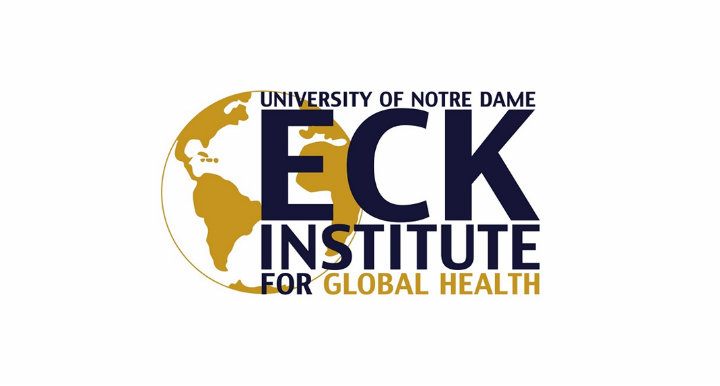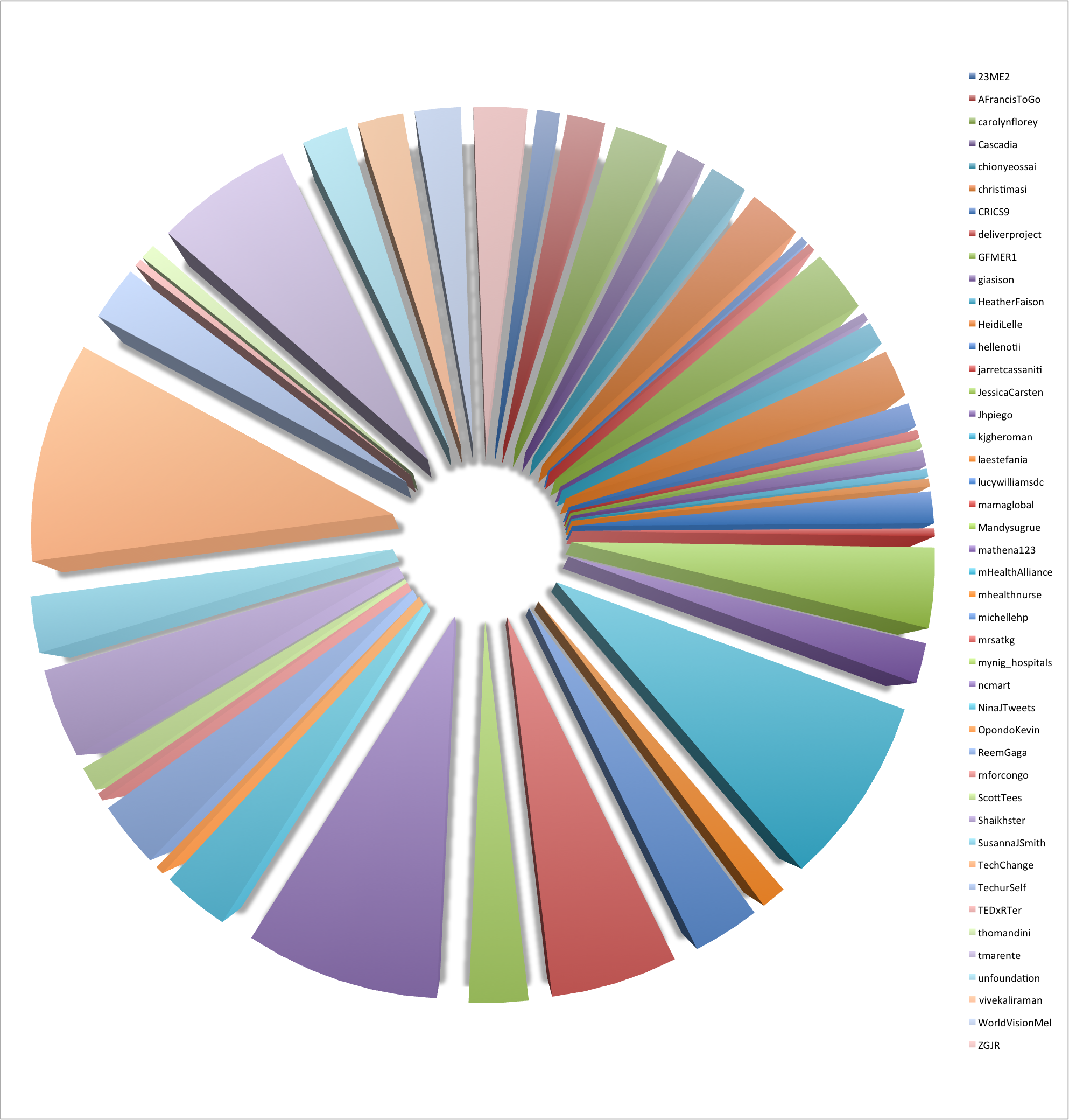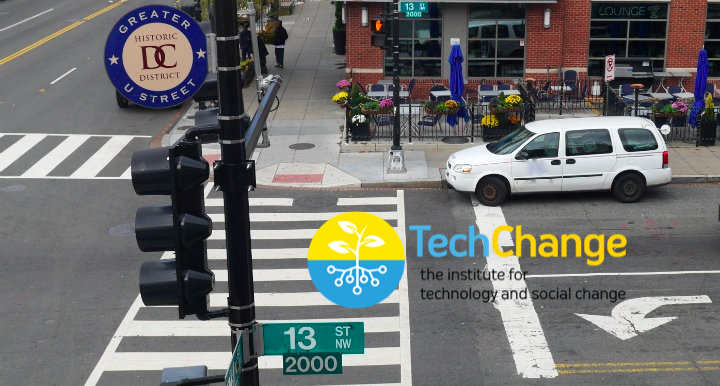The Eck Institute for Global Health at the University of Notre Dame is launching a pilot initiative with TechChange to experiment with blended learning online and offline on the topic of mHealth: Mobiles for Public Health. As part of Notre Dame’s continuing experiments of best practices in online and hybrid learning, this initiative of the Master of Science in Global Health program will be combining an on-campus class on mHealth taught by Professor Joseph Bock with TechChange’s mHealth online course. According to Dr. Bock, “This pilot course is an exciting initiative and we are eager to promote it.”
Notre Dame’s Master of Science in Global Health program is sponsoring 11 students and program directors to join TechChange’s mHealth online course in conjunction with Professor Joseph Bock’s face-to-face offline mHealth class, which aims to equip students with technical knowledge to apply mobile and Information Communications Technology (ICT) for global health challenges. The school will be receiving data on the students’ participation on the course platform from TechChange, which along with their written assignments for the Master of Science in Global Health class, will factor into determining the students’ grades. As the students will be logged in and participating in TechChange’s online learning platform, Professor Joseph Bock will be meeting in person with the students weekly to discuss the content on the TechChange mHealth course and the professor’s assignments.
In partnership with the mHealth Alliance, TechChange has offered this mHealth: Mobiles for International Development online course four times since 2012. The course, which has been mentioned in the New York Times, has welcomed over 450 doctors, nurses, community health workers, and global public health experts who regularly participate in this online course from over 75 countries. Participants have included representatives of organizations such as the World Health Organization (WHO), National Institutes of Health (NIH), Medicin Sans Frontieres (MSF) / Doctors Without Borders, Johns Hopkins Bloomberg School of Public Health, Cleveland Clinic, Global Health Corps, officials from ministries of health of several countries, and many more.
Notre Dame’s MS in Global Health students have been enthusiastic about beginning the mHealth course, which will run March 31 to April 25, 2014 – just before final exams and before the students travel abroad to pursue summer global health field and research projects. Several students plan on tying in their mHealth online learnings into their planned field work after this semester, including Michael Clark, who believes this mHealth course will help focus his current project to track mosquito-borne disease in Belize using a mobile database platform by meeting other global mHealth practitioners in the online class.
“The mHealth course will help focus my efforts in Belize as it teaches best practices learned through collaboration with local partners across the world,” says Michael Clark. “Further, I look forward to the invaluable tips for implementing ICT4D in previously technology-deprived areas, like rural Belize, that the expert lecturers and current global health practitioners will be able to provide.”
Jingmeng Xie plans to build upon her past experience at a Nairobi maternal health clinic (a Ford Family Program) by applying the content she learned in the mHealth classes to explore the roles mobile technology can play in public health. The MS in Global Health students, through the mHealth initiative, are diving deeply into the role that mobile data collection, electronic health records, and Information and Communications Technologies can promote better health for populations even in the most remote areas in the world. Another student, Thomas Ulsby, is preparing for his summer research trip to India where he hopes to learn how electronic reporting of blood glucose levels via mobile phones has impacted treatment plans for type I and type II diabetes.
We’re very excited to welcome these students from the University of Notre Dame and can’t wait to see how they’ll be applying their experience in mHealth to their summer field projects in India, Belize, Kenya, and beyond!
Interested in learning about mHealth this spring as well? Register now for our mHealth: Mobiles for Public Health online course.



